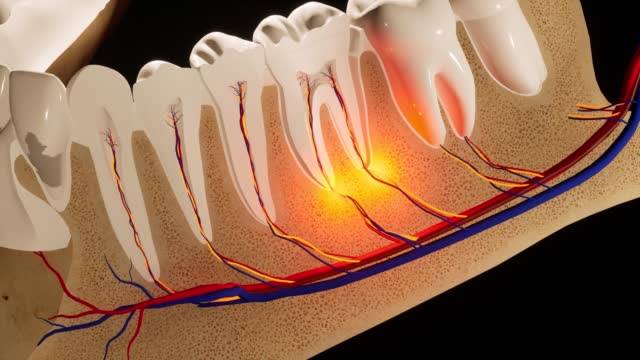In the quest for a radiant smile and optimal oral health, it’s crucial to understand the potential risks that may arise during dental procedures. Among these risks, facial paresthesia emerges as a crucial phenomenon demanding attention and understanding. At our dental clinic in Marbella, we recognise the importance of addressing this issue comprehensively, from its causes to its prevention and treatment.
What is facial paresthesia?
In the field of dentistry, it refers to the side effects a patient may experience as a result of poor or incorrect dental treatment. It commonly manifests as tingling, itching, or numbness in areas of the face where the dental procedure has been carried out. This occurs due to a disorder in the nerve responsible for controlling facial muscles.
In what cases can facial paresthesia occur after dental treatment?
It is a rare side effect of some dental procedures, such as:
- Wisdom tooth extraction: Wisdom tooth extraction is the most common dental procedure associated with facial paresthesia. This is because the lower dental nerves that control sensitivity in the jaw and lower lip are located near the roots of wisdom teeth.
- Dental implant placement: Dental implant placement can also damage facial nerves, especially if the implants are placed near the mandibular nerve.
- Complex oral surgeries: Any complex oral surgery involving the jaw or upper jaw may potentially damage facial nerves.
In addition to malpractice in dental treatments, several other causes can trigger it, such as facial bone fractures, diseases like multiple sclerosis, migraines, or hormonal changes like menopause in women.
How can facial paresthesia be prevented after dental treatment?
At our dental clinic in Marbella, our dentists can take several measures to prevent it after dental treatment, including:
- Careful treatment planning: The dentist should carefully plan the treatment to avoid facial nerves.
- Using careful surgical techniques: The dentist should use careful surgical techniques to minimise the risk of damaging facial nerves.
- Using advanced imaging technology: Advanced imaging technology, such as panoramic radiographs or cone-beam computed tomography (CBCT), can help the dentist identify the location of facial nerves and avoid damaging them.
What is the treatment for facial paresthesia after dental treatment?
Most cases of facial paresthesia after dental treatment are temporary and resolve on their own within a few weeks or months. However, in some cases, facial paresthesia may be permanent.
The treatment for facial paresthesia after dental treatment depends on the severity of the condition and whether it is temporary or permanent. Treatments may include:
- Observation: In most cases, the dentist will simply observe facial paresthesia to see if it resolves on its own.
- Medications: Medications may be used to control pain or discomfort.
- Physiotherapy: Physiotherapy can help improve the strength and function of facial muscles.
- Surgery: In some rare cases, surgery may be necessary to repair a damaged nerve.
What should I do if I experience facial paresthesia after dental treatment?
If you experience facial paresthesia after dental treatment, it’s important to communicate this to your dentist immediately. Our dentists in Marbella will assess the situation and determine the best course of treatment.
Facial paresthesia may arise as a side effect of certain dental treatments, but at our dental clinic in Marbella, we have qualified professionals who can successfully prevent or treat it. It’s essential for patients to understand the risks associated with dental procedures and seek specialised medical attention if they experience symptoms of paresthesia. Prevention, early diagnosis, and proper treatment are essential for ensuring dental health and well-being. Feel free to schedule an appointment with us for the best possible oral health.




No Comments